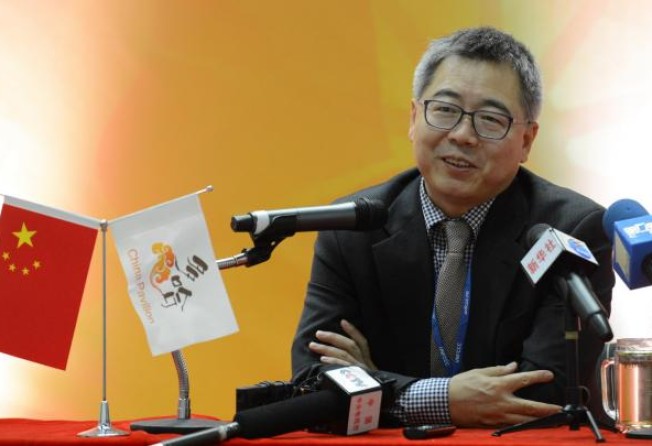China's top Doha negotiator attacks lack of climate control progress
Fears that no concrete deals will be reached this year to slow global warming as 190 nations meet

China's top climate negotiator has taken a swipe at the Doha climate talks one week into negotiations, complaining of a lack of progress and underscoring concerns that no concrete deals to slow global warming will be reached this year.
A total of 190 nations are in the talks, and ministers began arriving at the weekend for the high-level portion of the meeting, which will begin tomorrow.
But after a week of lower-level meetings, Su Wei, China's chief climate negotiator, was less than optimistic. China News Service quoted him as saying: "It is not clear whether any breakthrough can be achieved."
Little progress has been made on so-called core issues, such as arrangements for a US$100 billion climate fund to help poor countries cut emissions and adapt to the effects of global warming, as well as an extension of the 1997 Kyoto Protocol, which set binding obligations on industrialised countries to limit their greenhouse gas emissions. The first commitment period of the Kyoto Protocol ends on December 31, and a second commitment period has not been set.
"Whether the second phase of the Kyoto Protocol should last for five years or eight years, and how to ensure it will be implemented immediately from January 1 have yet to be negotiated," Su said.
The Kyoto Protocol is the only existing global treaty that binds most industrialised nations on their emissions of greenhouse gases, while sparing China, India and other large, emerging economies, which have caught up quickly in carbon emissions.
Only the European Union, Australia, Norway and Switzerland have signalled that they would join a second commitment period of the protocol, while New Zealand, Russia, Japan and Canada have pulled out.
Li Yan, Greenpeace East Asia's climate and energy campaign manager, said nations were not approaching the challenge with a proper sense of urgency, as some disagreements had even emerged in the EU, which used to strongly support extending the Kyoto Protocol but is now struggling to agree on emission-reduction targets.
"Doha is really the only chance left for the Kyoto Protocol," Li said. "But if negotiations continue on this path, the eventual outcome could be very weak pledges to curb greenhouse gas emissions."
Meanwhile, delegates at the negotiations are still at odds with each other over how to address unresolved issues, including how to ramp up funding provided from developed countries to developing ones.
Su lamented that developed countries were unwilling to be more open about how much money they have already put on the table. "They just don't want to do it, and you can't force anyone to do anything," he said.
However, talks for a post-2020 climate arrangement could also put China in the spotlight this week, as such a deal is likely to require China to reduce emissions, according to Li.
Xinhua issued a commentary last night calling China "a responsible player in combating climate change" and blaming "some developed nations" that "evade responsibility and just talk the talk".